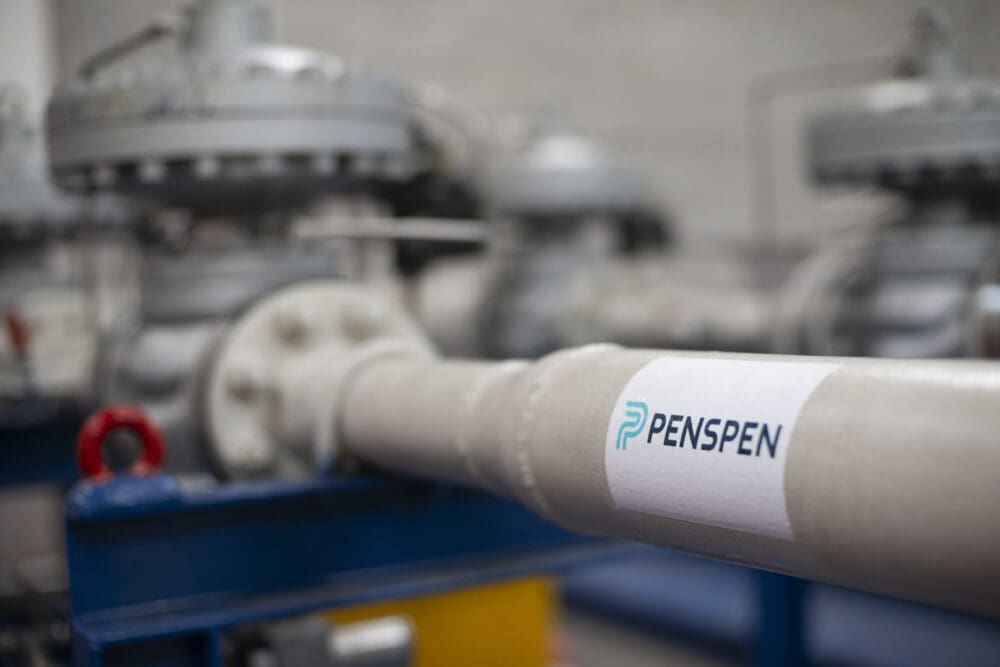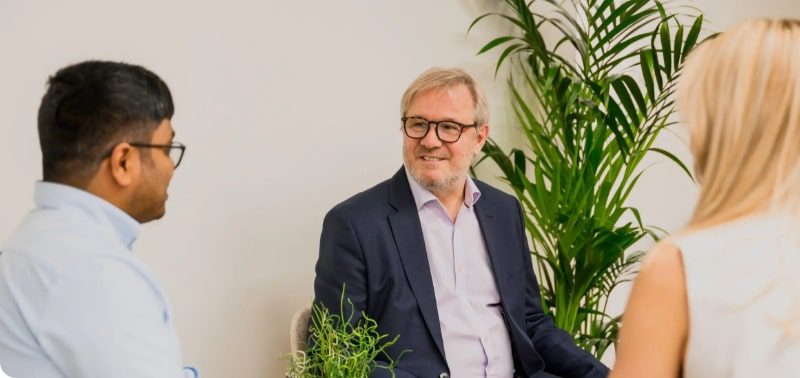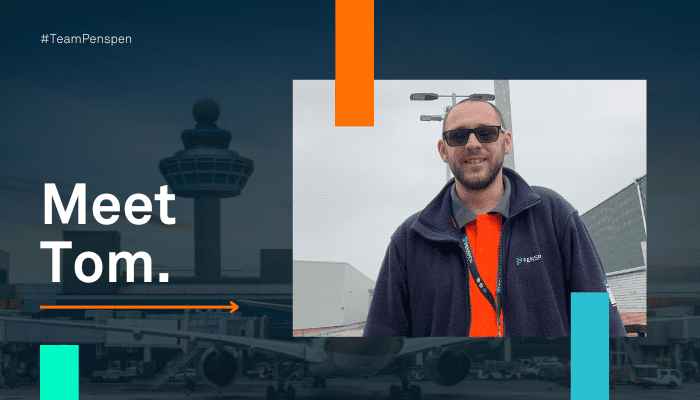Have you ever wondered what the role of a Controls and Instrumentation Engineer entails?
Mehmood Aftab shares his journey into the role and his love for automation in a new spotlight feature.
Beginnings
When it comes to engineering, the ability to turn imaginative ideas into tangible solutions is a common driving force for aspiring engineers. For Mehmood, Controls and Instrumentation Engineer at Penspen in the UK, this aspiration led him to pursue a career in electrical engineering, a field brimming with opportunities to shape the future of energy.
“I had ambitions to become an engineer so I could work on technology and concepts that look unreal or impossible,” he shares, “I wanted to contribute to significant technological advancements and help mould the world of tomorrow”.
His early affinity for subjects such as physics and maths paved the way for a natural progression into the world of engineering. When the time came to specialise, electrical engineering proved the only answer for Mehmood. “I decided to choose electrical engineering because of my curiosity for powering objects, from very small gadgets to massive aircrafts, and especially where it concerns renewables and automation,” he explains.
Specialising
After specialising in electrical engineering, Mehmood’s journey had only just begun. Seeking to expand his horizons and delve deeper into a growing passion for automation and controls engineering, he made the pivotal decision to move to the UK from Pakistan for his higher education. “In Pakistan, the content for automation & controls was very limited, and that was my interest. The UK has more complex and innovative projects as opposed to Pakistan. The way I see it, I came from the past to the future,” he says.
Mehmood’s lifelong dedication and enthusiasm for engineering have not gone unnoticed. Inspired by his journey, his younger sister has also embarked on a similar path, a testament to the infectious nature of engineering.
What are Controls & Instrumentation?
From aspirations to employment, what does the role as a Controls and Instrumentation Engineer look like in practice? For Mehmood, it’s about pushing the boundaries of technology to enable unmanned operations and minimise human error. “Controls are about how machines can go unmanned, how they can control things efficiently in a way humans can’t,” he elaborates. “And Instrumentation is where you’re using your control systems.” He cites examples such as the advanced sensors used in autonomous vehicles like Tesla’s.
“Especially, when it comes to Oil & Gas industry, control systems play an important role in safety to ensure the safe operations within critical facilities. It plays a pivotal role in preventing accidents, minimising environmental impact, and protecting personnel on site. Ultimately, a robust control system for safety is indispensable in safeguarding both human lives and the environment in oil and gas facilities”.
When asked about his role as a Controls and Instrumentation Engineer, he speaks about the fulfilment he gains from working on diverse projects and honing his technical expertise. His daily routine involves tasks such as generating C&I deliverables such as technical drawings/specifications, instrument data sheets, and writing control philosophies, as well as collaborating on large-scale ventures. Each day presents new challenges and opportunities for personal and professional growth.
Penspen’s Graduate Programme
Reflecting on his journey through the UK Graduate Programme, Mehmood emphasises the importance of learning through experience and embracing mistakes. “I strongly believe that you learn from your mistakes, not from reading books,” he asserts. Moreover, he speaks on how he has been able to take ownership of large projects, and how happy he is to have been given the opportunity to work independently to deliver solutions.
“The opportunity I got in the Graduate programme to work on multidisciplinary projects has just not developed my skills in the Controls & Instrumentation field, but also helped me to gain broader knowledge of other disciplines such as process, mechanical, & electrical. I also got the opportunity to visit various client sites such as compressor stations, and a pressure regulating station for data gathering to get the practical experience”.
A recent highlight for Mehmood was a site visit he attended without supervision, where he was working alongside seasoned engineers with decades of experience. Despite having only one year of experience himself, he found himself contributing at the same level as his more experienced colleagues. This experience not only bolstered his confidence but also highlighted his growth in the field of electrical engineering.
Additionally, Mehmood is currently lending a hand to mechanical and piping engineering projects, in an attempt to expand his knowledge base. He admits, “I am not as strong in this area as it is not my specialism, but I am working on it. It’s hard but I am very good at asking for help. At Penspen everyone is always ready to share knowledge”.
He concludes, “I am not perfect, no one will ever be perfect, but there is room for learning your whole life.“






